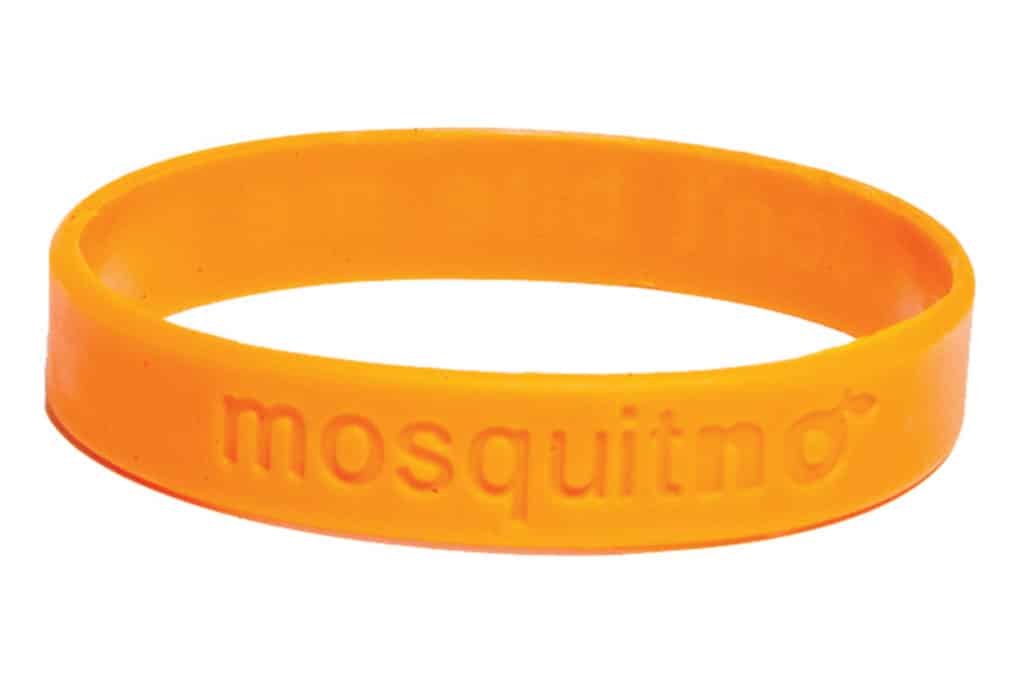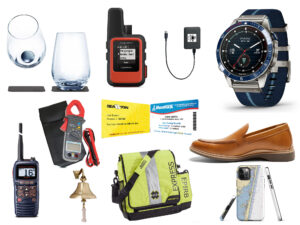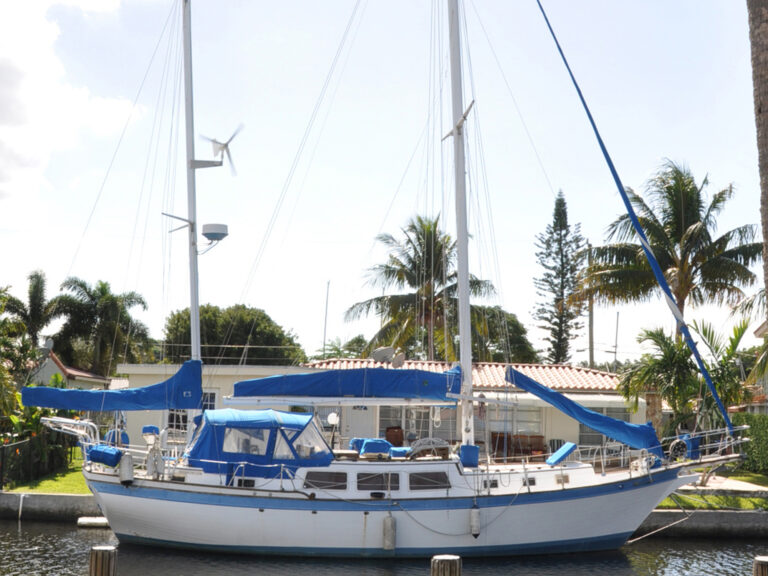
With confirmed cases of the Zika virus on the rise, and no vaccine available, it’s more important than ever to protect yourself from insects. Zika is transmitted through mosquito bites and can cause fever, rash, joint pain, conjunctivitis and birth defects in babies, among other complications. The illness typically lasts several days to a week.
The Center for Disease Control recommends taking “advanced precautions” to prevent mosquito bites, including covering exposed skin with long-sleeved shirts and pants, using EPA-registered insect repellents that contain DEET or oil of lemon eucalyptus, sleeping in screened-in locations, and using permethrin-treated clothing and gear. Luckily for cruisers, clothing treated with permethrin, which is approved by the EPA as both safe for human use and effective at killing mosquitoes, ticks, and other insects, is becoming more common in the marketplace. Ex- Officio’s BugsAway line includes shirts, pants, jackets, socks, hats and bandannas, all treated with permethrin and good for 70 washes (do not dry-clean). Toad&Co’s Debug products include pants and shirts with more casual styling.
For head and neck protection, both Tilley and Buff now offer permethrin-treated products as well. Cruising World testers found that the treated fabric felt normal to the touch (not waxy or greasy) and did not have any strange odors. Many of the insect-repellent products on the market offer additional functionalities, including moisture wicking and UPF sun protection.
If you’d like to treat your own gear with permethrin, choose a soak or spray that is specifically for use on clothing and gear, such as Sawyer’s Permethrin Premium Insect Repellent for Clothing or Repel’s Permethrin Clothing and Gear Insect Repellent. Wear gloves and follow directions exactly. If you will be wearing both sunscreen and bug spray, make sure to apply the sunscreen first, followed by the insect repellent.

Currently, areas affected by the Zika virus included Central and South America, the Caribbean, the Pacific Islands and Cape Verde. For a full list of countries affected and for more tips on prevention, visit www.cdc.gov/zika. If you suspect you may be infected with Zika, contact your doctor.








